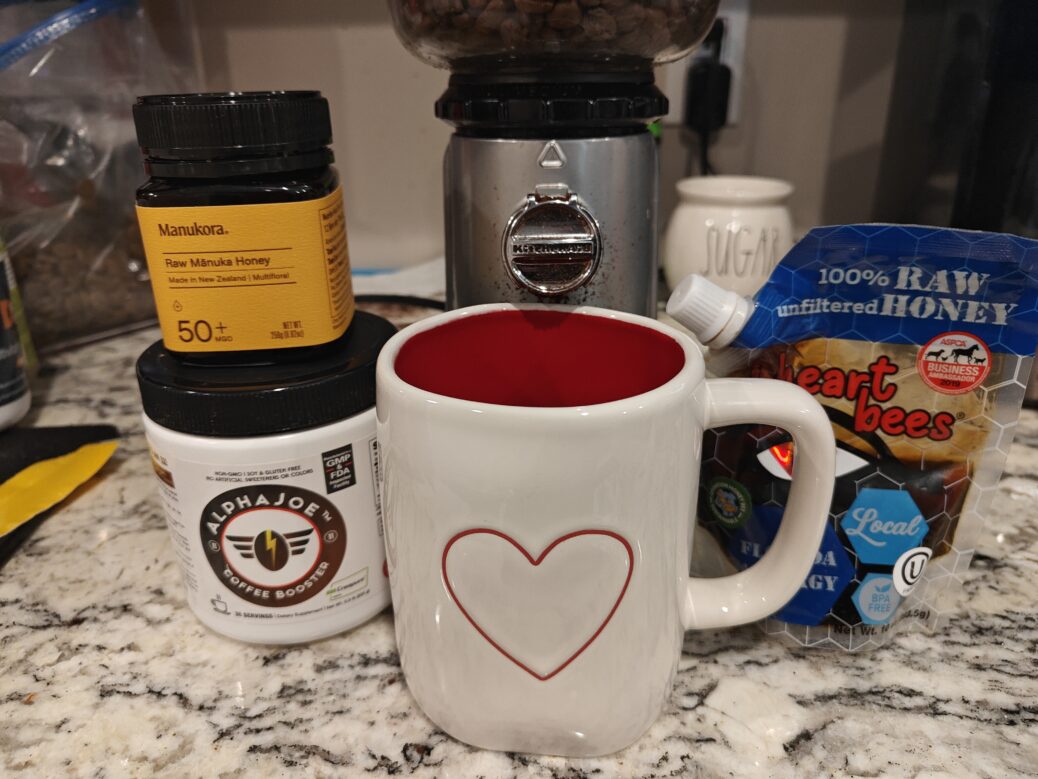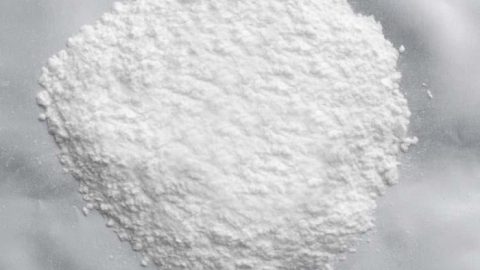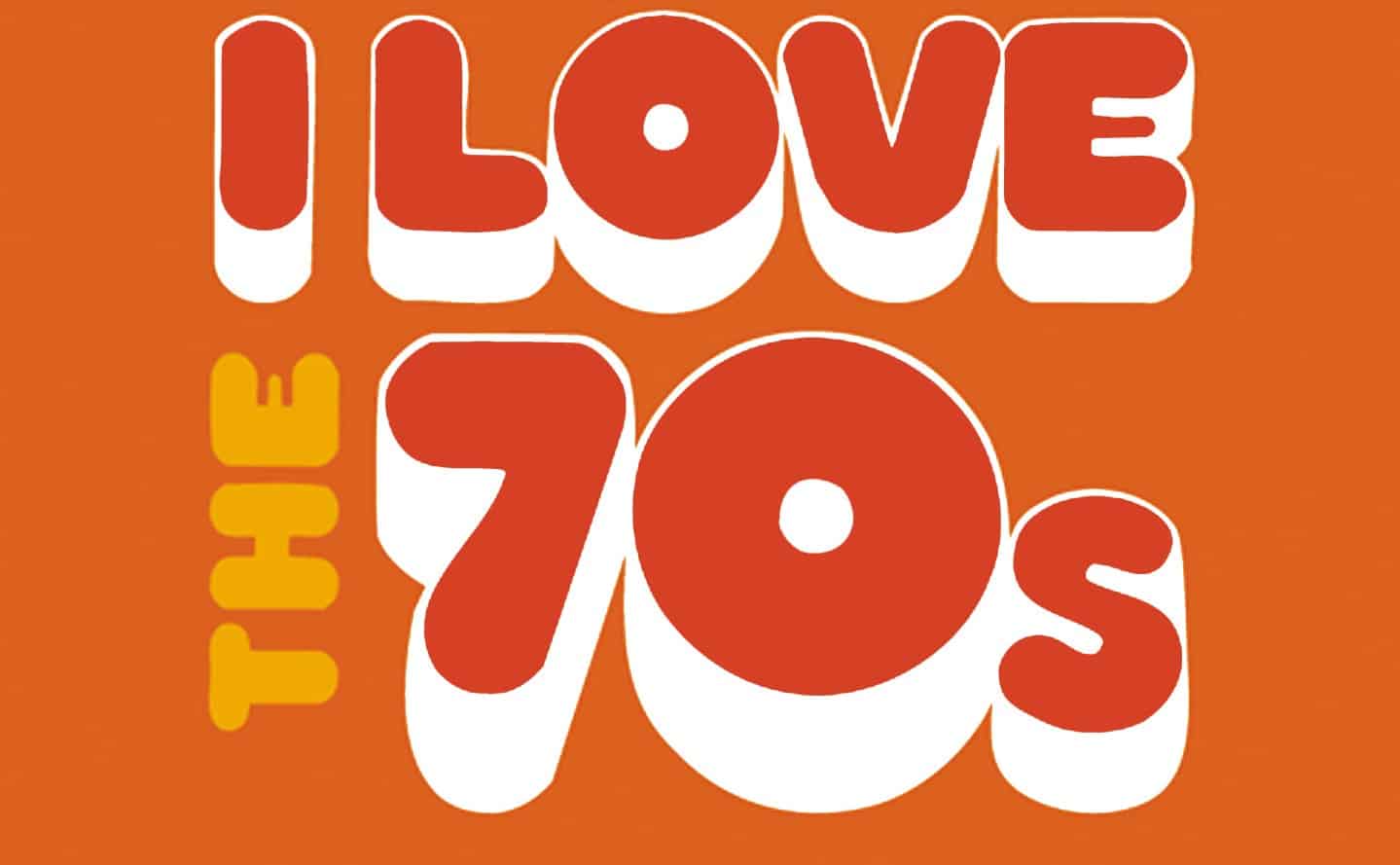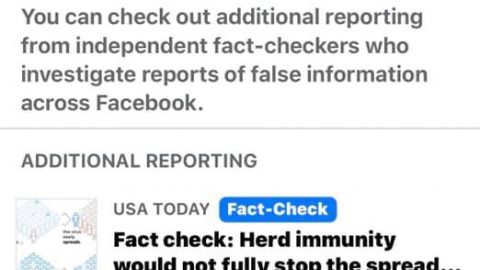Posted on my FB page was this Q recently: “Will, can I add honey to my morning coffee and Alpha Joe? I read mixed opinions on honey, from those claiming it’s ‘just sugar’ to those claiming it’s a medical food that cures disease. I need your balanced no BS take on the topic!” – Jake F
Jake asks an important Q I’d been meaning to get to for a while. Per usual, the answer appears to land somewhere in the middle. Short answer is data strongly supports honey being far more than “just sugar” and just equal to other sources of sugar, or equal to table sugar (sucrose) in its impact on health and other possible benefits. But, and there’s always a but, the real answer is far more nuanced. While its clear honey is a better choice to the usual sources of sugar, the question is, should one have any added sources of sugar using honey? The answer to that is…maybe.
“On paper” as they say, honey may offer a wide range of benefits and there’s more studies exist on that then people may realize. The bad news is the studies tend to be small, poorly controlled, and use various doses, making it difficult to come to hard conclusions and recommendations. A recent meta-analysis (“A Comprehensive Review of the Effect of Honey on Human Health”)concluded the bulk of the data suggests benefits from honey, and I recommend people give that a read for the details. There’s also problematic variables such as the fact there’s many different types of honey, mostly based on the source of flowers the bees collect from, but also issues such as raw honey vs more processed, and of course the dose. Some studies that found benefits used huge doses (70g!) of honey, far more than anyone would want to eat regularly. Not unlike the scam found with fake olive oil, some non-USA sources of honey feed sugar to the bees, or dilute the honey with added sugar, to save money. Best practice is to buy local US honey or vetted sources. Check the label for source of origin before buying, raw likely the best choice too.
Honey really is a biologically active food, that contains a long list of bio actives. The real Q is, are they in concentrations high enough to have any real impact and is it worth the added sugar intakes to get them? Data is mixed, but generally leans in the direction of there being a benefit per recent review paper. Another review paper from 2018 examining the possible benefits of honey on metabolic syndrome summarizes the key points of what honey contains as well as the issues with the existing studies to date:
“Natural products such as ω-3 polyunsaturated fatty acids found in fish, flaxseed oil, resveratrol in red wine, dark chocolate, cinnamon extract, soy protein, dietary fibre, chromium and traditional Chinese herbs have been used as dietary interventions in lowering the incidence of MetS. Generally, these natural products improved MetS through their anti-inflammatory, anti-oxidant, hypoglycemic and hypolipidemic effects. In agreement with this, several studies have documented that honey exerts similar beneficial effects that include anti-oxidant, anti-inflammatory, pancreatoprotective, anti-hypertensive, hepatoprotective and anti-obesity properties.”
And:
“Honey also contains organic acids, minerals, trace elements, numerous vitamins, enzymes and proteins. The antioxidant capability of honey is linked to its polyphenol compounds which comprise of flavonoids (e.g., quercetin, luteolin, kaempferol, apigenin, chrysin, galangin), phenolic acids, antioxidant enzymes (e.g., glucose oxidase and catalase), ascorbic acid, and carotenoid.”
Again, the issue is, is the juice worth the squeeze as to the added sugar intakes from honey to ingest those potentially beneficial compounds and what doses are required? The 2023 review paper sums up the problems with making solid recs for honey well:
“Based on the available data, the average ingestion dose used is estimated to be 40.71 ± 30.59 g/day or 1.38 ± 0.59 g/kg/day, and the topical dose 12.50 ± 10.61 g, with the average duration of the studies being 8.5 ± 8.9 weeks. It should be noted that the included studies involve small samples, lack a standardized protocol, and differ in types of honey, doses used, duration of interventions and population groups (e.g., healthy subjects, overweight or obese subjects, diabetics, cancer patients, etc.), which makes it difficult to compare results and establish specific recommendations. Therefore, despite the promising positive effects of honey intake more evidence including the same type of honey, dosage, and trial protocols is necessary to establish a real cause and effect relationship between honey intake and the described healthy effects.”
Recommendations
My recommendations are thus: it’s clear to me honey is likely superior to sucrose (table sugar) and others as a “natural” sweetener, may have legit medicinal/health benefits, which will depend on the type of honey and the dose and other variables. It’s unlikely that a small amount added to your coffee* – say a tbs or less – will do you any harm, may even do you some good. Obviously for those restricting carbs, honey is off the list. While there’s more data on the topic than people may realize, we need more of the type of data we don’t have to make more definitive recommendations. Personally, I view it more a treat and add a few T-spoons of raw Manuka honey a few times per week to my coffee/AlphaJoe intake. Finally, there’s some debate over whether heat from coffee or tea could damage some of the bio actives in the honey, I have not seen data demonstrating it.
*) Or added to yogurt and other foods, but the Q was specific to coffee and AlphaJoe combination.
Will Brink is the owner of the Brinkzone Blog. Will has over 30 years experience as a respected author, columnist and consultant, to the supplement, fitness, bodybuilding, and weight loss industry and has been extensively published. Will graduated from Harvard University with a concentration in the natural sciences, and is a consultant to major supplement, dairy, and pharmaceutical companies.
His often ground breaking articles can be found in publications such as Lets Live, Muscle Media 2000, MuscleMag International, The Life Extension Magazine, Muscle n Fitness, Inside Karate, Exercise For Men Only, Body International, Power, Oxygen, Penthouse, Women’s World and The Townsend Letter For Doctors.
He’s also been published in peer reviewed journals.
Will is the author of the popular e-books, both accompanied by private members forum access , Bodybuilding Revealed & Fat Loss Revealed.
You can also buy Will’s other books on Amazon, Apple iBook, and Barnes and Noble.









